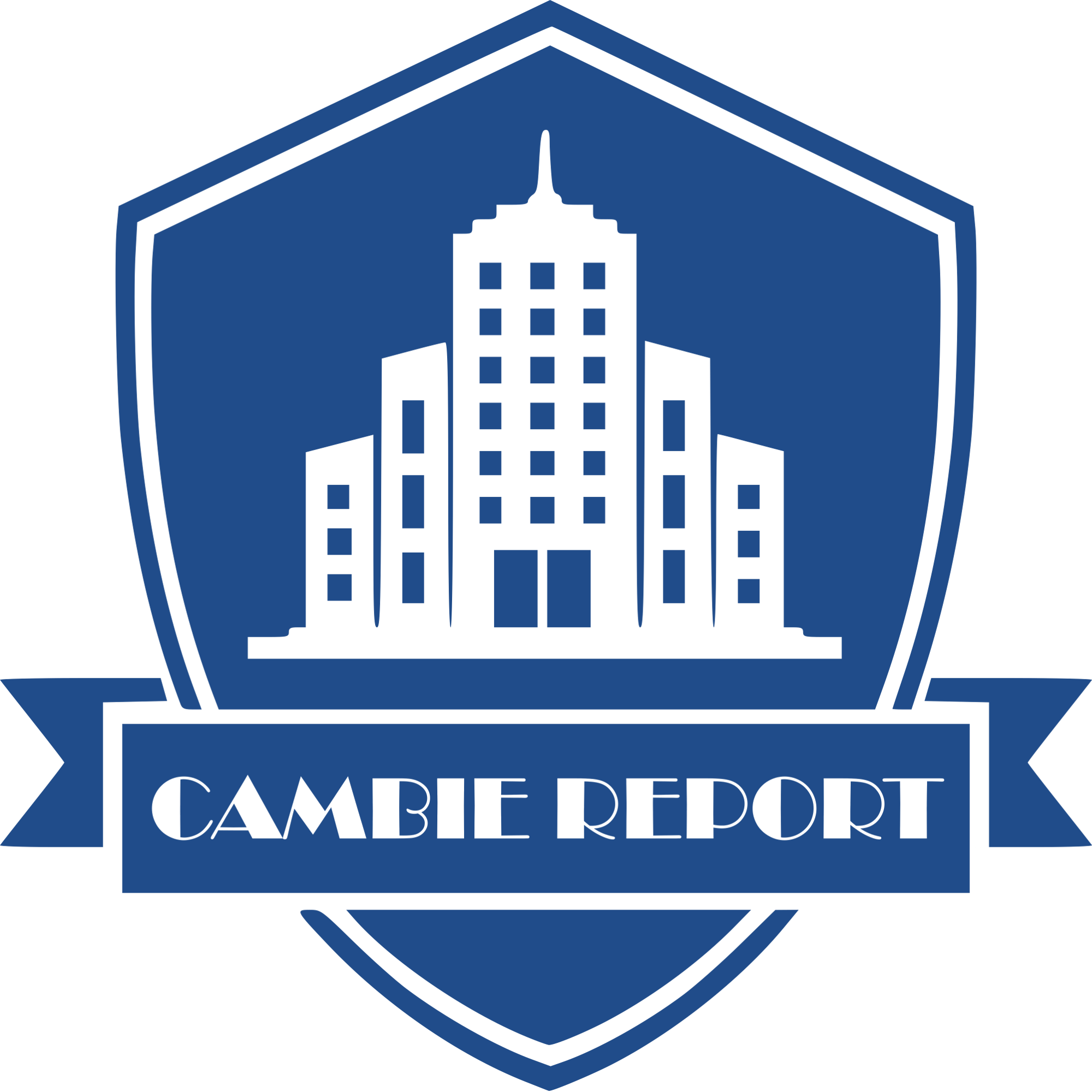Our report on the finances of Vancouver’s political parties last week left us with a number of questions about Elections BC’s rules. We followed up with Andrew Watson, Elections BC’s Director, Communications, to clarify some overarching questions about what exactly was reported on those annual reports.
We’ll have at least one more article on political party financing later this week, where we look at other the other parties in Metro Vancouver and what that might tell us about the races to watch.
Who had to file and when
The big change in rules came on December 1, 2022 last year. At that point, elector organizations seeking to raise funds to run for office had to register with Elections BC. Prior to that, Watson tells us that organizations could have received a contribution but if they received no contributions between December 1 and 31 and “did not register until 2022, they would not need to file a 2021 annual financial report.”
Elections BC maintains a current list of registered elector organizations. Using the Wayback Machine, we can see the list as of December 22, 2022. That list only includes A Better City, COPE, Greens, OneCity and TEAM as registered. Forward Together with Kennedy Stewart (then Team Kennedy Stewart) may have submitted its paperwork and only been listed later.
It’s plausible then that a party (like those that didn’t file a report like Vision, NPA and Progress) may have avoided the disclosure requirement simply by not accepting any contributions in the month of December.
While reports were due for those organizations that registered prior to December 31 by March 31, they have until May 2 to file their reports if they pay a $500 late filing fee. The consequence for not meeting the filing requirements is steep. The party would be “deregistered and may not apply to re-register until after the next general local elections.”
What the reports include
The biggest challenge in interpreting the financial reports turns out to be their extremely limited period of applicability. Because the rules changed on December 1, most of the donations parties received in 2021 did not have to be disclosed in the annual filing. Rather those will be included with the election financing report that is filed after the October 15, 2022 elections.
The reporting period for annual financial reports is from the time of registration to the end of the calendar year. When elector organizations registered, they provided us with their contribution information since the last report was filed. This contribution information is not included in the elector organization’s annual financial report, per the Local Elections Campaign Financing Act. These contributions will be included in the elector organization’s election financing report, which will be filed with Elections BC following the 2022 General Local Elections.
If an elector organization received contributions to a non-campaign account before December 1, 2021, it would not require disclosure. However, they would not be able to use this money to pay for any election expenses
Andrew Watson, Elections BC
Prior to December 1, Watson says “there were no restrictions to non-campaign accounts.” However, only funds in campaign accounts can be used for election expenses and parties can’t accept contributions to non-campaign accounts anymore.
So each of the parties – particularly the legacy ones that elected candidates in 2018 like COPE, OneCity and the Greens – undoubtedly received some number of contributions prior to registering and we won’t know anything about those donations until after the election. However, the value of those accounts should still appear on the party’s balance sheet.
This is how OneCity, who raised $36,000 from reported contributions, can have $130,000 in its campaign accounts. The bulk of that money was either raised earlier in 2021 or even remaining from earlier fundraising efforts.
This also implies that information on the income statement is solely limited to that period between the party’s registration and the year end. That is, the only campaign expenses we see are also only those from the final month(s) of the year. So we don’t know entirely whether, for example, COPE in fact ran a deficit throughout the entirety of 2021.
Finally, Watson confirms that “the park board, council and mayor for the City of Vancouver are all part of the same election campaign,” and therefore share a campaign account.
Errors in filings
As we noted, a number of filings seemingly had mistakes. Notably A Better City’s balance sheet was seemingly incomplete (see image) and the contributions on their income statement didn’t include contributions for both council and school board campaigns. On COPE’s report, “JEA SWANSON” reportedly donated $1243 to their school board race, which exceeds the annual donation limit.

Watson says Elections BC publishes reports on the website as they are filed. “We review reports for compliance with applicable legislation and may request a supplementary report be filed to resolve any issues that are identified. Amended reports are published on our website.”
We’ll periodically check back to see if there are changes or additional reports filed.
